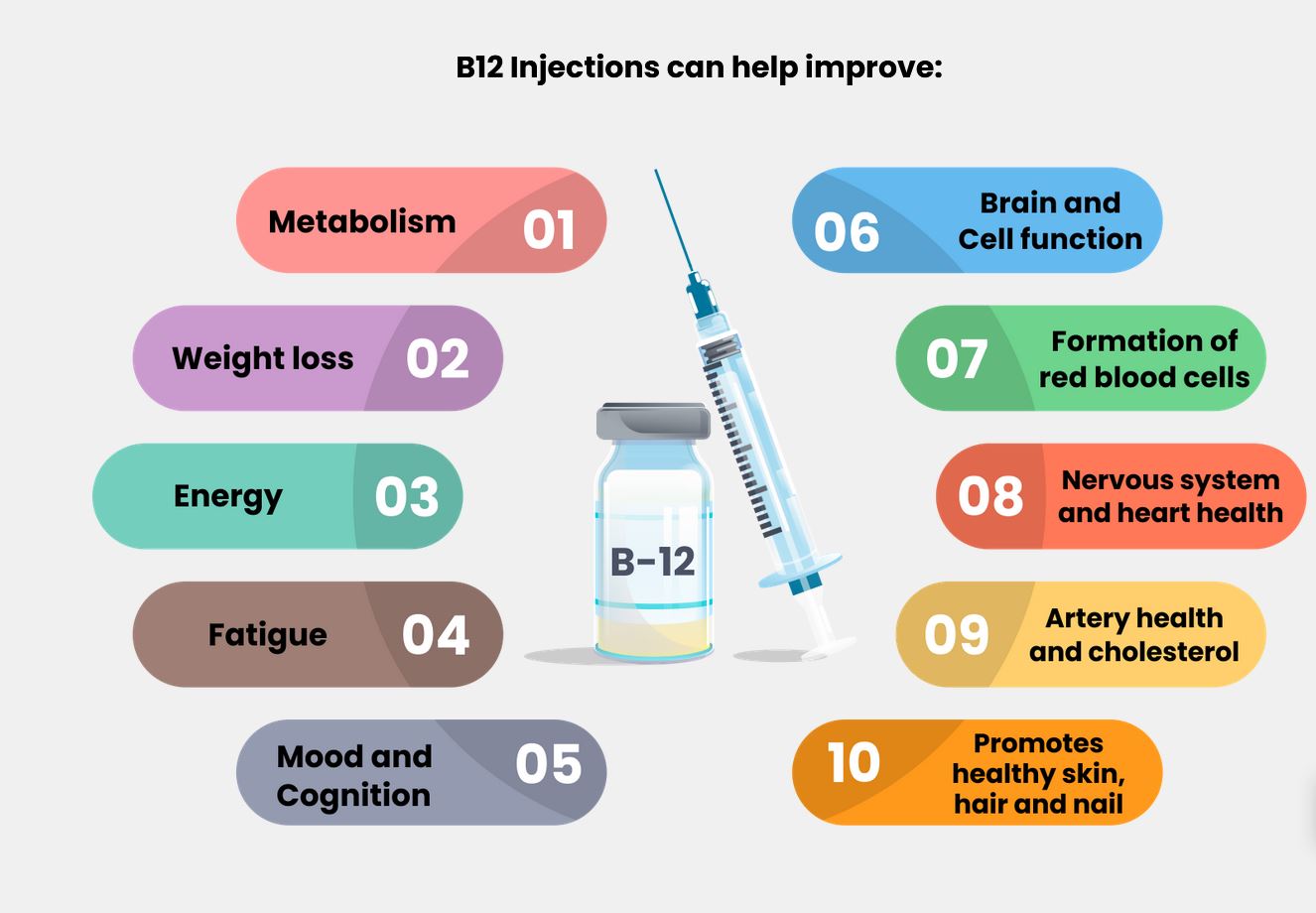
At Spark Hormone Therapy, our Men's Health Services are tailored to address the unique health concerns and hormonal needs of men at every stage of life. We specialize in diagnosing and treating conditions such as low testosterone, sexual dysfunction, and fatigue, using a comprehensive approach that combines advanced hormone therapy with lifestyle guidance and nutritional support. Our compassionate team of medical professionals is dedicated to helping men regain their vitality and improve their overall well-being, ensuring personalized care that focuses on long-term health outcomes. Whether you're experiencing age-related hormonal changes or specific health issues, we are here to empower you on your journey to optimal health and vitality.
Mental Health Support
Mental health is a crucial aspect of overall well-being, yet it often remains overlooked in discussions about men's health. Many men face unique challenges that can lead to stress, anxiety, and depression. Seeking support is vital, whether through therapy, group sessions, or community resources. Professional guidance can provide men with effective coping strategies and a safe space to express their feelings, ultimately improving their mental resilience.
Understanding the importance of mental health can lead to healthier relationships and better stress management. Various resources are available, including hotlines and online forums that cater specifically to men's mental health. Engaging in physical activities and hobbies can also serve as effective outlets for stress, offering both distraction and fulfillment. Building a robust support network can empower men to prioritize their mental health and seek help when they need it most.
Resources for Stress and Anxiety Management
Stress and anxiety are common challenges that many individuals face. Access to reliable resources can make a significant difference in managing these feelings. Local mental health clinics often provide workshops, counseling services, and support groups designed specifically for men. These spaces foster open discussions and help individuals connect with others experiencing similar issues, reducing feelings of isolation. Additionally, online platforms offer guided meditation sessions, educational materials, and strategies for self-care that can be practiced anytime and anywhere.
Incorporating mindfulness practices into daily routines can greatly enhance emotional well-being. Techniques such as deep breathing exercises, progressive muscle relaxation, or journaling can help individuals identify triggers and develop coping mechanisms. It is essential to find a balance that works for each person, catering to their unique needs and lifestyles. Engaging with health professionals can also provide tailored strategies for stress reduction, ensuring that individuals have the support and tools necessary to navigate life's pressures effectively.
Nutrition and Wellness Coaching
Proper nutrition plays a crucial role in overall health and wellness. Men often face unique challenges in meeting their dietary needs, influenced by factors such as lifestyle, occupation, and physical activity levels. Personalized coaching can help address these issues by offering tailored advice that considers individual preferences and health goals. Coaches can provide insights into meal planning, food choices, and strategies to make healthier decisions in everyday life.
Wellness coaching extends beyond just nutrition and encompasses an overall approach to self-care. This includes guidance on exercise, sleep hygiene, and stress reduction techniques. Coaches work alongside clients to develop sustainable habits that enhance physical, emotional, and mental well-being. By setting realistic goals and maintaining accountability, men can successfully navigate their wellness journey and significantly improve their quality of life.
Building a Sustainable Diet Plan
A sustainable diet plan is essential for maintaining long-term health and well-being. It emphasizes whole, nutrient-dense foods while minimizing processed options. Incorporating a variety of fruits, vegetables, whole grains, lean proteins, and healthy fats can help individuals achieve balanced nutrition. Meal planning is crucial, as it encourages the preparation of healthy meals ahead of time, reducing the temptation to choose less nutritious options when hunger strikes.
To make a sustainable diet manageable, setting realistic goals is important. Gradually introducing changes, such as replacing sugary drinks with water or adding an additional serving of vegetables to meals, can lead to lasting habits. Additionally, keeping a food journal helps track dietary choices and promotes mindfulness regarding eating patterns. This approach not only supports weight management but can also enhance overall health and reduce the risk of chronic diseases.
Chronic Disease Management
Effective management of chronic diseases requires a comprehensive approach tailored to individual needs. Patients benefit from regular health assessments that monitor key indicators related to their conditions. This personalized oversight allows healthcare providers to adjust treatment plans as necessary, ensuring optimal outcomes. Education plays a critical role, equipping individuals with knowledge about their conditions and empowering them to make informed decisions regarding their health.
Lifestyle modifications are a crucial component of managing chronic illnesses like diabetes and hypertension. This can include changes in diet, increased physical activity, and consistent monitoring of health metrics. Support from healthcare professionals, along with access to resources, helps individuals adopt sustainable habits. Engaging in these practices not only improves quality of life but also reduces the risk of complications associated with chronic diseases.
Strategies for Diabetes and Hypertension
Managing diabetes and hypertension requires a comprehensive approach that includes regular monitoring and lifestyle changes. Patients should frequently check their blood sugar levels and blood pressure to understand how their bodies respond to various activities and foods. Consistent medical consultations can help tailor treatment plans to individual needs, ensuring that any adjustments are made based on specific health data.
Diet plays a crucial role in controlling both conditions. A balanced diet rich in whole foods such as fruits, vegetables, lean proteins, and whole grains can help stabilize blood sugar levels and reduce blood pressure. Incorporating physical activity into daily routines also promotes cardiovascular health and can assist in weight management, which is vital for those dealing with diabetes and hypertension.
FAQS
What types of mental health support services are available for men?
Men's health services often include counseling, therapy, and support groups specifically designed to address issues like stress, anxiety, and depression.
Where can I find resources for stress and anxiety management?
Many men's health services provide access to workshops, online resources, and mental health professionals who can guide you in managing stress and anxiety effectively.
How can nutrition coaching benefit men's health?
Nutrition coaching can help men build healthier eating habits, manage weight, and improve overall well-being by tailoring diet plans to individual needs and goals.
What should I consider when building a sustainable diet plan?
A sustainable diet plan should include a balanced mix of nutrients, be enjoyable, fit your lifestyle, and consider any specific health conditions or dietary preferences you may have.
What strategies are effective for managing chronic diseases like diabetes and hypertension?
Effective strategies include regular monitoring of blood sugar and blood pressure levels, adhering to prescribed medications, maintaining a healthy diet, and incorporating regular physical activity.







